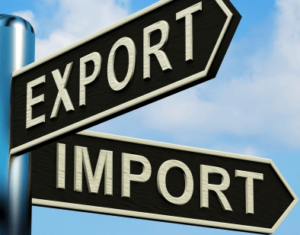Exhaustive consultations needed on benchmark value – Federation of Labour
 The Ghana Federation of Labour (GFL) has called for extensive consultations with stakeholders before the implementation of the reversal of the benchmark value on imported goods.
The Ghana Federation of Labour (GFL) has called for extensive consultations with stakeholders before the implementation of the reversal of the benchmark value on imported goods.
Mr Abraham Koomson, the GFL Secretary-General, said labour expected the relevant government agencies to exercise due diligence in the assessment of the impact of the benchmark policy on the local manufacturing industry and the economy vis-a-vis job creation.
In an interview with the Ghana News Agency he said most of the raw materials for local industries were imported so government economic policies should aim at encouraging investments in the manufacturing to promote job creation.
He said Labour had realised that the implementation of the current policy would do more harm than good to the local manufacturing industry as production costs would increase and the products would be uncompetitive.
The Federation had earlier raised concerns about the competitiveness of the local industry as regards the pricing of products against finished imported goods.
Mr Koomson explained that some raw materials such clinker and bagging stuff for cement manufacturing did not have local substitutes.
Others were pharmaceutical items, sugar as a raw component for production, chemicals and dyestuff for the textiles industry.
He expressed the hope that the Government would engage the critical stakeholders to exhaust discussions on the impact of the policy on businesses to avert further job losses.
Meanwhile, the implementation of the reversal of the 50 per cent subsidy had been postponed to take effect from January 17, 2022, following agitations from trade unions including the Importers and Exporters Association of Ghana, and Ghana Union of Traders Association (GUTA) over their inability to clear their goods on January 4, when the implementation was supposed to take effect.
The Government, in 2019, gave a 50 per cent waiver on benchmark value, which is the amount taxable on imports as a way to increase the volumes of trade and make Ghana’s ports more competitive.
Source: GNA
